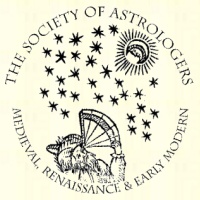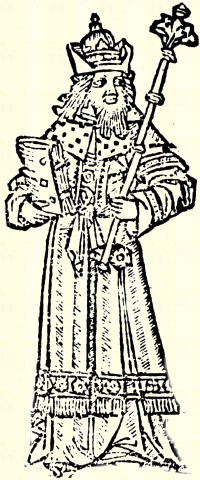
|

|

|

|

|

|

|

|

|

|

|
This horoscopic astrology diffused to Greece and throughout the Hellenistic world and became part of the science and philosophy of the Roman Empire. The astrology practiced between 400 BC and AD 400 in Europe is known as Hellenistic astrology.
With the fall of the Roman Empire and the onset of the Dark Ages in the 6th and 7th centuries A.D., astrology was preserved in Byzantium and the advanced Islamic civilization of the Middle East. This astrology, enriched by the addition of observations and techniques, including Persian, Syriac and Vedic astrology in addition to Arabic astrology, passed to medieval Europe in the 12th and 13th centuries. There it flourished until the Enlightenment and went of out fashion due to the new materialism and mechanistic philosophies introduced in the late 17th and early 18th centuries. The astrology practiced in Europe between A.D. 1200 and 1700 is known as traditional astrology. Traditional astrology is divided into four main categories:
- Natal astrology, which examines and predicts events based on a birth chart.
- Horary astrology, which answers specific questions by looking at a horoscope
for the time of the asking of the question.
- Electional astrology, which picks astrologically auspicious times to
take action. Astrological magic makes considerable use of electional astrology
to create astrological talismans.
- Mundane astrology, which uses a variety of techniques to predict events on a national scale or over long periods of history. Mundane astrology also includes weather prediction.
Over the 2,000 year span from the Greeks to the Renaissance astrology exhibited great continuity in technique and philosophy despite some significant changes. The astrology of Europe for the entire period from 1200 to 1700 is referred to as traditional astrology while the first phase, 1200 to 1500, is known as medieval astrology and the terminal phase, 1500 to 1700, is known as Renaissance or Early Modern astrology. The focus of traditional astrology was on outer events, rather than psychology (a science that did not come into existence until the 20th century). By using a myriad of techniques, traditional astrology was able to provide precise, accurate prediction of concrete events.
From 1700 to 1900 astrology was practiced seriously by only a few isolated practitioners and much of the nuance and technique was lost. By 1900 with the renewed interest in the esoteric sciences reflected by such groups as the Theosophists and the magical order of the Golden Dawn, astrology came to be studied again. In its newest incarnation, however, astrology came to be seen primarily as a method of character analysis and psychological insight. The stars and planets provided a map of the psyche which proved very useful for self insight and counseling. Prediction, the raison d'etre of traditional astrology, was dismissed as either impossible, due to the considerable loss of technique or unethical.
What most contemporary astrologers consider to be "astrology" is, in fact, its own distinctive system known as modern astrology. Modern astrology is heavily influenced by psychology, particularly of the Jungian school, and the New Age philosophical outlook. Modern psychological astrology introduced the use of the outer planets, Uranus, Neptune and Pluto, asteroids, additional types of aspects and a myriad of techniques using advanced computer software. Modern astrology is excellent for psychological insight, but cannot predict with the precise of traditional astrology.